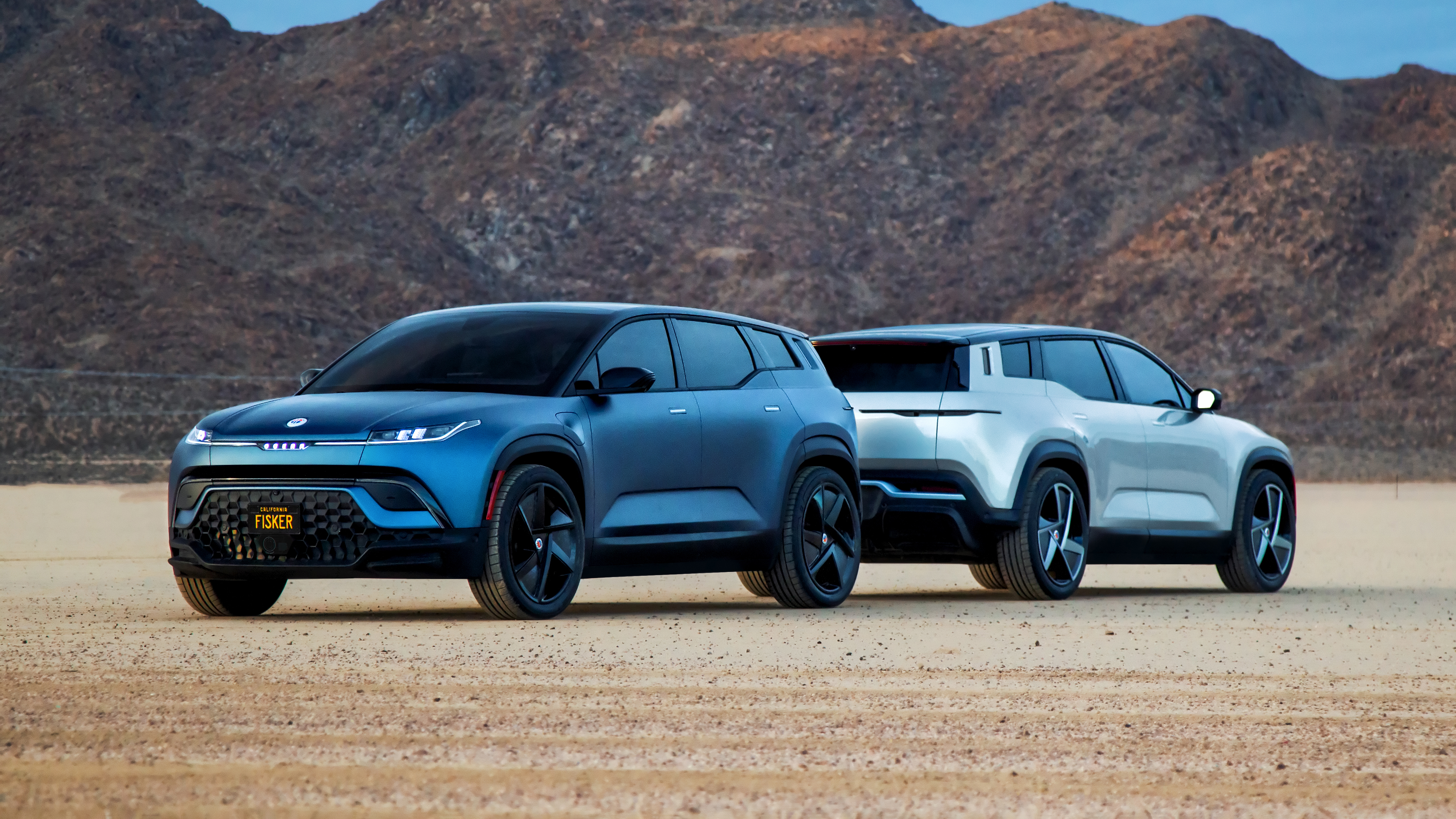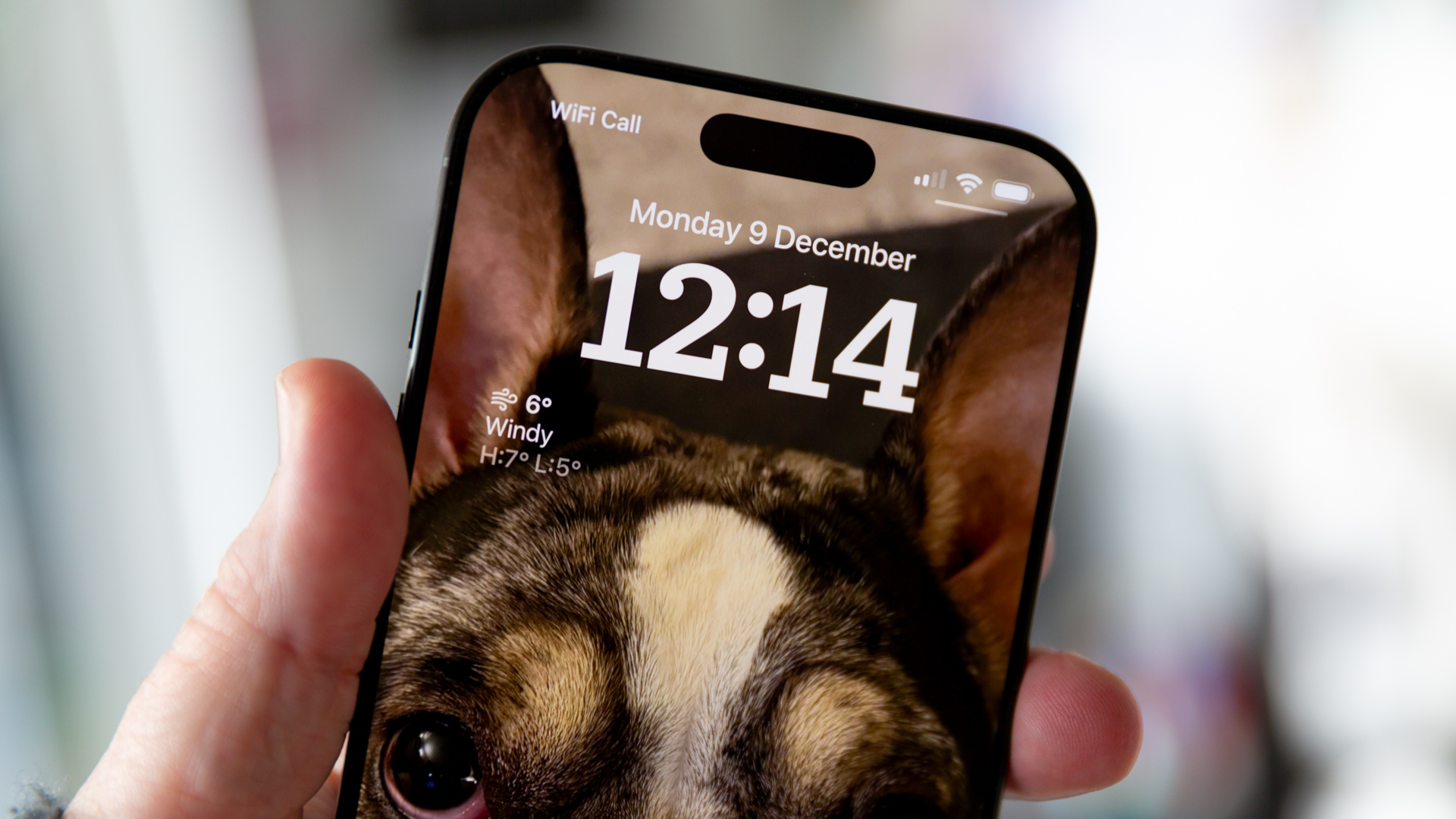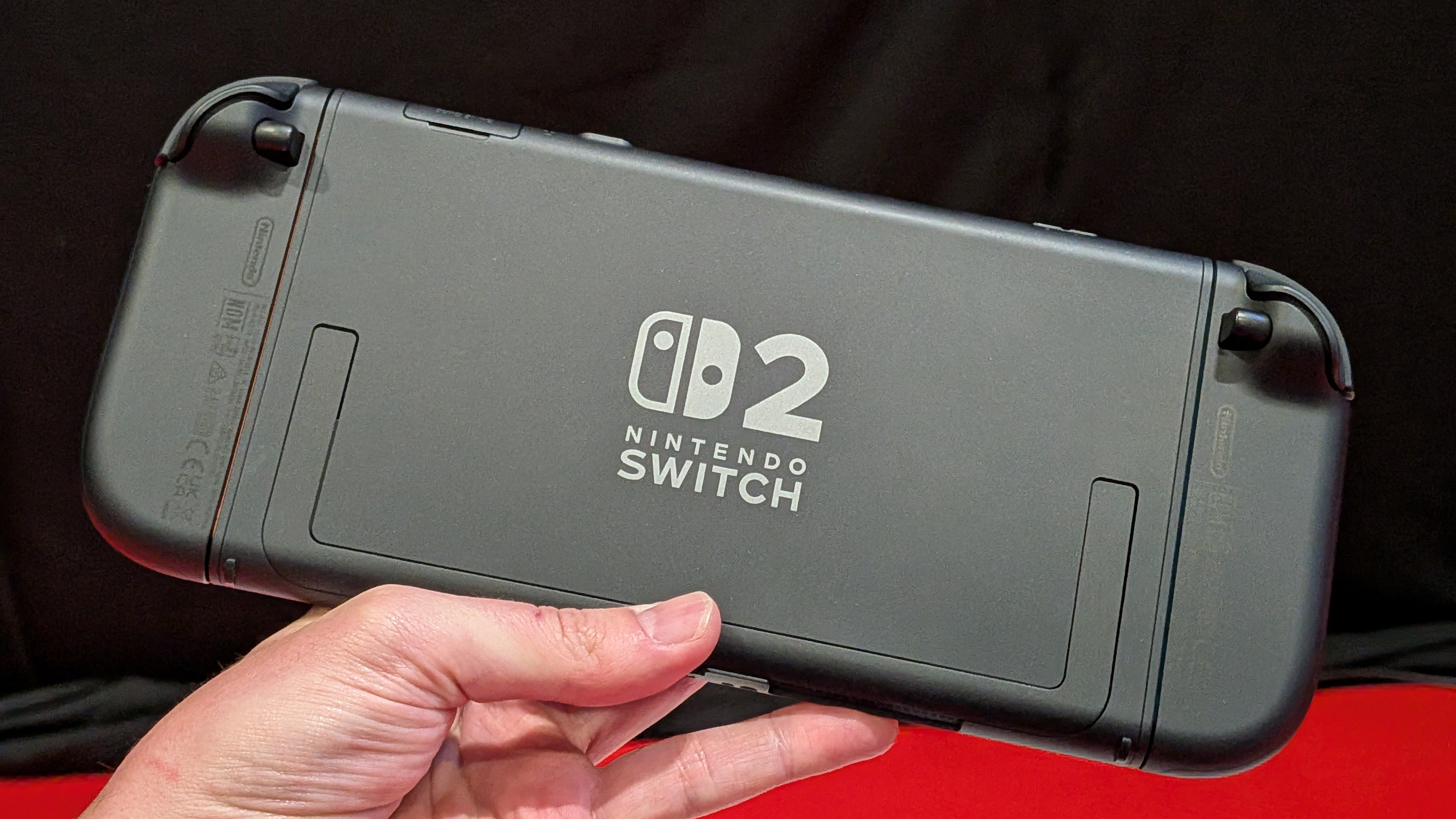

The Fisker Ocean recently made its European debut at MWC in Barcelona, and during that time T3 had the chance to sit down with Fisker's founder and CEO, Henrik Fisker.
Fisker has designed some of the world's most recognisable luxury cars including the BMW Z8, Aston Martin DB9, Aston Martin V8 Vantage, and Fisker Karma. He's also worked on motorcycles and the Benetti Fisker 50 superyacht.
When I sat down with Henrik Fisker, we had the chance to talk about what makes the Fisker Ocean special and what he's learnt from working with these historic brands.
First, though, I asked him why he chose MWC to launch the Fisker Ocean over a car show like the Geneva or Frankfurt Motor Shows.
HF: Well, I think that we are actually more of a sustainable tech company than a car company. One of the main changes that we tried to do was compress the development time to two and a half years, so we can use new technology in the car.
We stand here in the Mobile World Congress and you look at all of the new technology, all of that was probably developed in the last 18 months, and the problem is when you buy a car today, all of the technology in that car was chosen three or four years ago. We found a way to compress that timeframe so we could choose technology from last year. So all of the technology on the Ocean was chosen just last year.
We also felt that MWC is all about connectivity, and we have a flexi app that is fully connected to your car and to the car company, we don't have any middlemen or dealers. So we felt that this is the right place to show the car, because it's really about technology and where the future is going in terms of connectivity.
Sign up to the T3 newsletter for smarter living straight to your inbox
Get all the latest news, reviews, deals and buying guides on gorgeous tech, home and active products from the T3 experts
Following on from that, I asked how the company managed to compress its development timeline.
HF: So we spent over a year before we even started, figuring out how to compress it. We looked at various gateways and areas of development that we could compress. A lot of the compression happens upfront, and it helps a little bit that I'm the CEO and Design Chief because a lot of time is spent, maybe nine-month, just mingling around with the design and talking with management about which design is better. We did all that within four weeks.
Then there were other areas where, in a normal car company, you have development time, and everybody has the same, you have three months where you can make some decisions and you go back to look at three proposals, and you show them to management etc. We said no, we have to decide right there in this meeting, and we're not going to go back to look at different proposals. I said I want you to come in and give me the right proposal - don't show me two that don't work just because you have to.
So then we had to sit with Magna [the factory] and they had to agree. And that was tough because they were also used to longer development timelines, so they said 'okay, we can do it, but you need to all of this superfast upfront'. It was a real collaborative effort to change the mentality.
It was a lot to do with discipline, compressing the upfront concept work and engineering and development work, then, throughout the rest of development work, you can't change or ask for another review.
I asked him if this meant that we could see newer models released more frequently and whether that might alienate customers who buy older models that quickly go out of date.
HF: We have planned to launch four new vehicles, including the Ocean, before 2025. We've just announced that we're developing our next vehicle, the Pear, which we're doing with Foxconn and will start deliveries in 2024. That has the same two and a half year timeframe. So we're really going after this superfast, two and a half year development timeframe.
We wouldn't replace the Ocean. It's just that we can develop a vehicle in two and a half years. We wouldn't release an Ocean 2 any time soon. I think if you can make a vehicle that is timeless, and the hardware lasts long, then that vehicle can be updated with over-the-air operating system updates. That means you can keep this vehicle fresh for longer.
There are two advantages, one is that if you own the vehicle you can say 'hey, I want a great vehicle for a longer period of time', so you don't have to upgrade it every two years like a phone. We also have a flexible lease, and you can lease this vehicle for any amount of time, you could give it back in three weeks or nine months, whenever you want. When we get it back, we'll lease it out again, so we're going to be leasing these vehicles out over their entire lifetime of twelve years. So when it's eight years old and we can upgrade it with the latest technology, then it becomes a fresh vehicle we can lease out. That's the idea.
I then asked Henrik Fisker about his experience with BMW and Aston Martin, and what he learnt from working with those historic brands.
HF: I remember, of course, BMW, I had a fantastic time there, because it really is a car company that is very deep in engineering but is still able to infuse a lot of design. They are very meticulous and you feel that everything you do at BMW will result in a very high-quality car at the end of the day. Even if you don't necessarily like it, it'll be a fairly good car.
Then moving from BWM to Aston Martin, I suddenly saw what a small team could do with very little money. You discover that you don't have to have 10,000 people to make a car. I remember coming to Aston Martin and they didn't even have an ergonomics department that was advanced with robotic arms and stuff, they had a seat with a broomstick and a steering wheel. Then you just get at it.
So I would say I've taken a lot of lessons learned from both brands, and maybe the biggest lesson learned was that while the traditional car industry has developed these amazing processes over the last fifty years, now with the advancement of our startup, we don't have to adhere to the same process that everybody agreed was okay. Now, we can change the process, make it two and a half years, we have an advantage. We looked at where the processes were faulty and how we can speed it up.
It struck me that Fisker is similar to Tesla, another startup brand that is shaking up the car industry. Tesla has, of course, been massively successful, but it hasn't got everything right, so I asked Fisker if there is anything he'd learnt from Tesla's mistakes.
HF: You know, I think that one of the biggest things that anyone who enters the car industry underestimates is manufacturing. Of course, following Tesla's manufacturing hell, even though they obviously finally got it going, it took a very long time. We decided that we need to find a really good manufacturing partner that could also be part of the manufacturing integration, engineering, etcetera. We eventually decided on Magna, and I think that was a key moment for me because for me it wasn't an ego thing, it wasn't about manufacturing a high-quality car, it was more about delivering a high-quality car. That's what we really wanted to do for our customers, we really want to design, create a user experience, create a lot of IP in the vehicle, but we don't necessarily have to assemble the car. That was one of the lessons learned. Do we want to do it later? Maybe, but right now we're on the right strategy.
Finally, I asked Fisker what the hardest moment had been so far.
HF: I think probably the hardest part of the development was when you have to freeze the overall structure of the vehicle, because once you do that you can't change it again in our process. Normally in the car industry, you could change it a little later, but we had to be so sure that we had the right design, that we liked. That was it. It was tough because you always have that second thought.
Liked this?
- Fisker Ocean: 8 things I learnt getting up close with the innovative electric vehicle
- Best dash cam: top car dash cams tried and tested
- Best sat nav: including TomTom, Garmin and more

As the Style and Travel Editor at T3, Spencer covers everything from clothes to cars and watches to hotels. Everything that's cool, stylish, and interesting, basically. He's been a part of T3 for over seven years, and in that time covered every industry event known to man, from CES and MWC to the Geneva Motorshow and Baselworld. When he's driving up and down the country in search of the greatest driving roads, he can be found messing around on an electric scooter, playing with luxury watches, or testing the latest fragrances.

